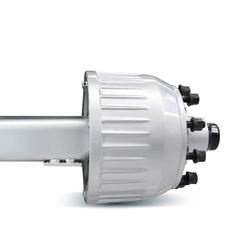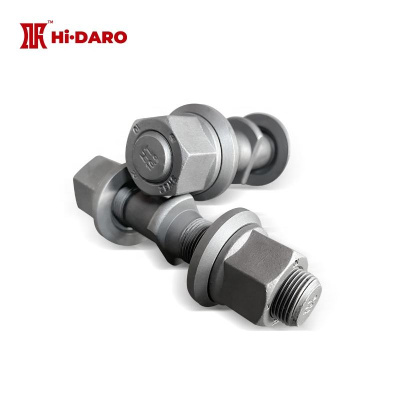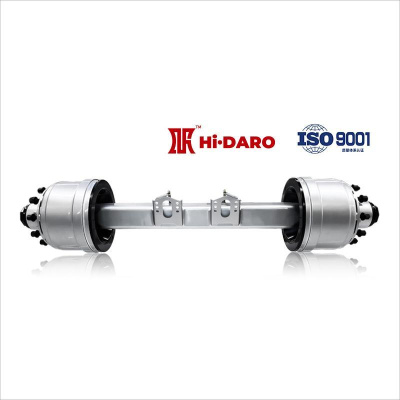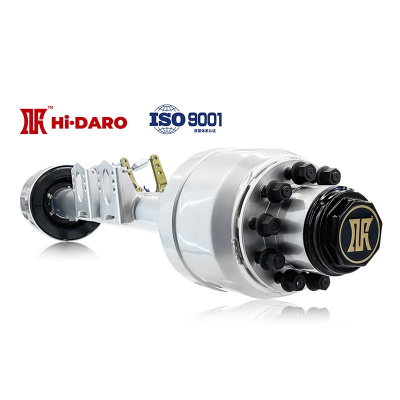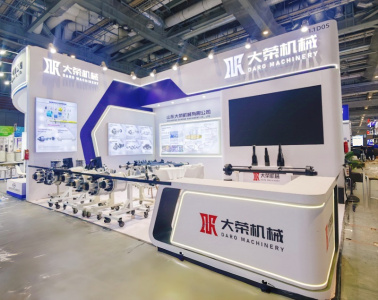Axle fault analysis: Why the rear axle abnormal noise, oil leakage?
All the time, when the owner judges the power performance of a car, the first thing to look at is the engine, gearbox and axle of this car, which is often referred to as the "three big parts", and it is these three parts that together form the power chain of the truck.
Today we will talk about the composition of the trailer axle and the common failure.
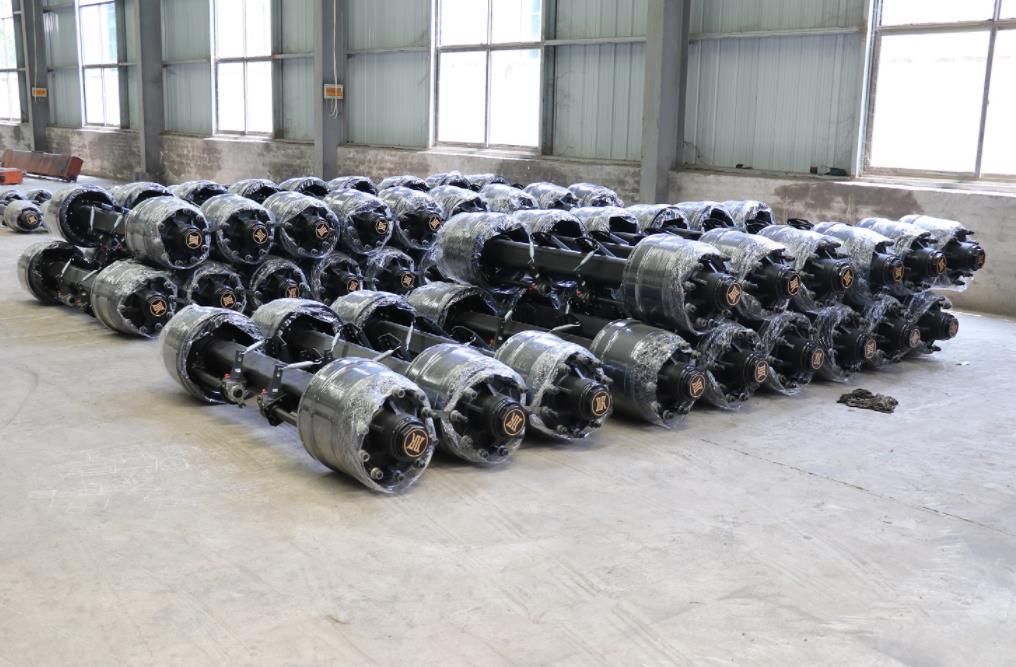
To solve the problem of the axle, we must first understand the axle, Baidu Encyclopedia gives the explanation is: "The axle is connected with the frame through the suspension, and the wheels are installed at both ends, mainly to bear the load of the car and maintain the normal driving of the car on the road."
This may be a general statement, but the description is intuitive. But in addition to carrying the load of the truck, it will also transfer the traction or braking force of the wheel and the side force to the frame through the suspension. That is to transfer the forces in all directions between the frame or the bearing body and the wheel and the bending moment and torque generated by it.
● Classification of axles
There are many types of axles, according to their different uses, axles can be divided into steering axles, drive axles, steering drive axles and support axles 4 types, which can be divided into drive axles and driven axles according to there is no power output.
Things like steering axles and support axles are driven axles, which are carried around. General trucks are rear drive, so the front axle is mostly steering axle, and then the axle or the middle and rear two axles are driving axles.
Steering axle
The steering axle, as its name suggests, uses the steering knuckles to deflect the wheels, thereby enabling the car to steer. In addition, it is also necessary to bear the vertical load between the wheel and the frame and the longitudinal road resistance.
The steering axle is mainly composed of: axle beam, kingpin, steering knuckle, wheel hub, brake, generally a traditional reverse bending I-beam, the production process is relatively simple, each end has a fist shaped part, with a through hole, through the kingpin and the left and right steering knuckle connection, with a threaded wedge lock pin fixed in the front shaft hole, so that it can not be rotated relative to the front axle.
When the car turns, the steering rocker arm swings in the longitudinal plane, through the steering straight tie rod, steering knuckle arm, left trapezoidal arm, steering cross tie rod and right trapezoidal arm, manipulate the front wheel of the car to turn a certain Angle, so as to change the direction of the car.
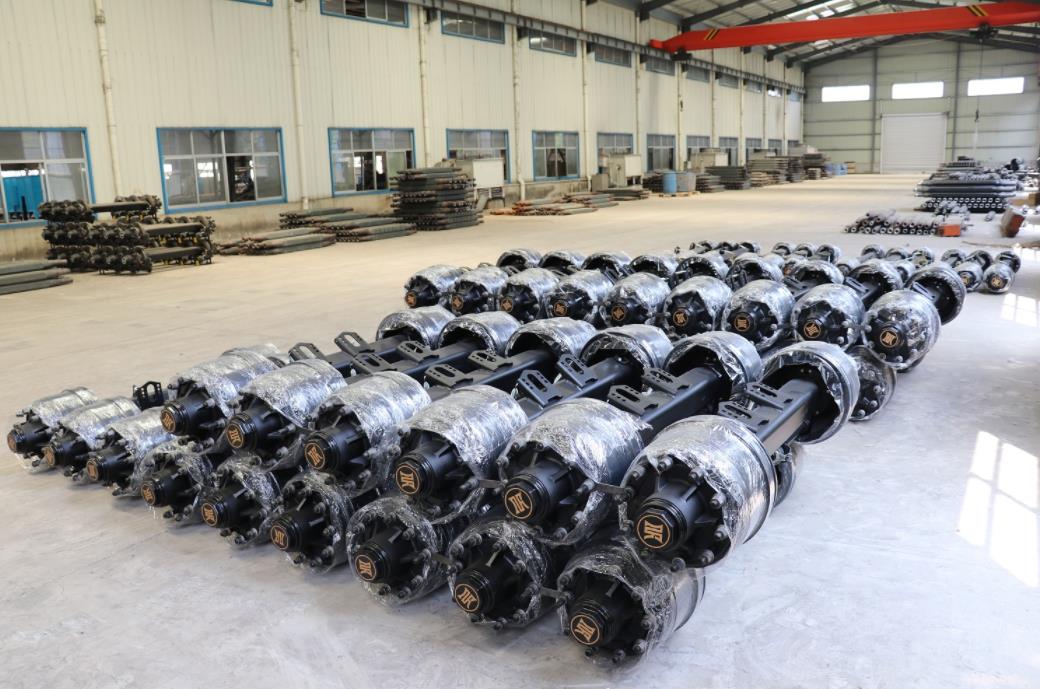
Driving shaft
Generally speaking, the rear axle of the truck is the drive shaft, which mainly carries the load of the rear part of the truck, and also needs to complete the power transmission between the transmission shaft and the gearbox, the power deceleration and torque of the engine output, and the main reducer and semi-shaft output to the wheel after changing the transmission direction.
The composition of the drive shaft will be relatively complex, it is located at the end of the transmission system, mainly by the main reducer, differential, wheel transmission device and drive shaft housing.
Moreover, it should be noted that there are many kinds of drive shafts, including drive shafts, steering drive shafts and electric drive shafts. Among them, the steering drive shaft has a steering function, and the electric drive shaft is a relatively new thing. The motor and reducer are integrated on the trailer axle, so the components of the vehicle can be reduced, the total weight of the vehicle can be reduced, and the transportation efficiency can be improved.
Supporting shaft
The support shaft is relatively simple, it has no driving function and can not steer, only needs to bear the vertical load of the truck and the longitudinal and lateral forces and the torque caused by these forces. Like a single-axle driven three-axle car, the rear axle is generally set as the support axle. Of course, the axles on the trailer are all support axles.
● Deceleration function of drive shaft
In fact, we can know from the above, during the driving process, the drive shaft undertakes the most tasks, and the composition is more complex. Also worth mentioning here is its deceleration function.
Of course, the deceleration we are talking about here is actually reducing the high speed of the engine output. That is, through the reducer, the high speed output of the engine is converted into the low speed used in the wheels. We often say that the speed ratio is the ratio between the speed output of the engine and the speed output of the reducer.
So why lower the RPM? This is done to amplify the torque of the engine and make the truck run more powerful, just like everyone knows that you need to downshift when going uphill.
● Axle common failure and reasons:
As the three components of the truck power company, the axle is absolutely heavy work, so in the daily use process, especially the drive shaft will often encounter some failures, the most common are mainly abnormal sound, high temperature and oil leakage.
Abnormal Noise:
Failure performance: When you step on the accelerator to accelerate or step on the brake to slow down, the vehicle will make a "buzz" sound.
Failure cause: axle's active bevel gear and passive bevel gear meshing mark is not suitable.
Fault performance: When the vehicle accelerates, the knocking sound of "thang, thang, thang" comes from the axle bag.
The cause of the failure: the gear has been broken, the tooth surface spalling, pitting and other problems.
Fault performance: During normal driving, a harsh noise was emitted.
Failure cause: This is the main reducer inside the bearing corrosion, spalling, wear, scattered, ablative failure situation.
Fault performance: there is no problem in the normal straight line driving process, but it will emit abnormal sound when turning.
Failure cause: differential damage.
Heat:
Fault performance: the temperature of the reducer housing is higher than 120℃. This is often said that the axle heat, if not dealt with in time may lead to vehicle fire.
Failure cause: too much or too little fuel. When the amount of fuel is too much, the heat generated by the drive shaft is difficult to disperse; When the amount of fuel is too small, it will also cause heat because of insufficient lubrication.
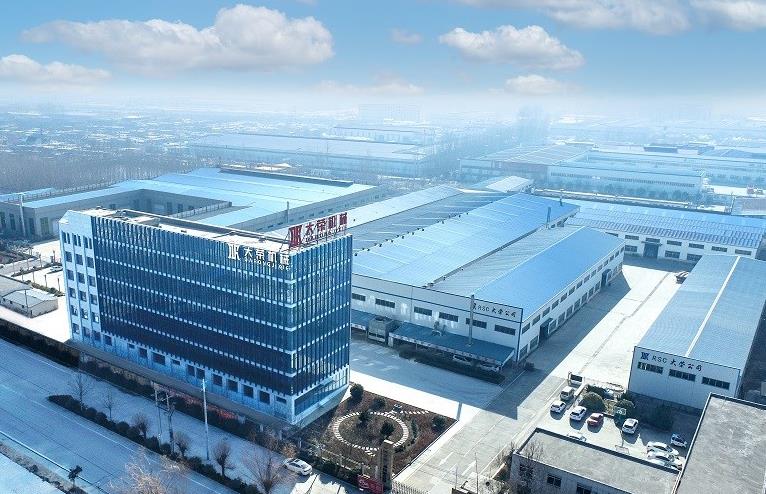
Oil spill:
Failure performance: The oil leakage here is the main reducer oil leakage.
Failure cause: The input oil seal is damaged, which is also the main reason for the oil leakage of the main reducer.
The cause of the failure: the axle vent is blocked, and there will be a vent on the trailer axle, but when the vent is blocked, high temperature and high pressure will be generated inside the axle, and under the action of high pressure, the lubricating oil will be pressed out.
